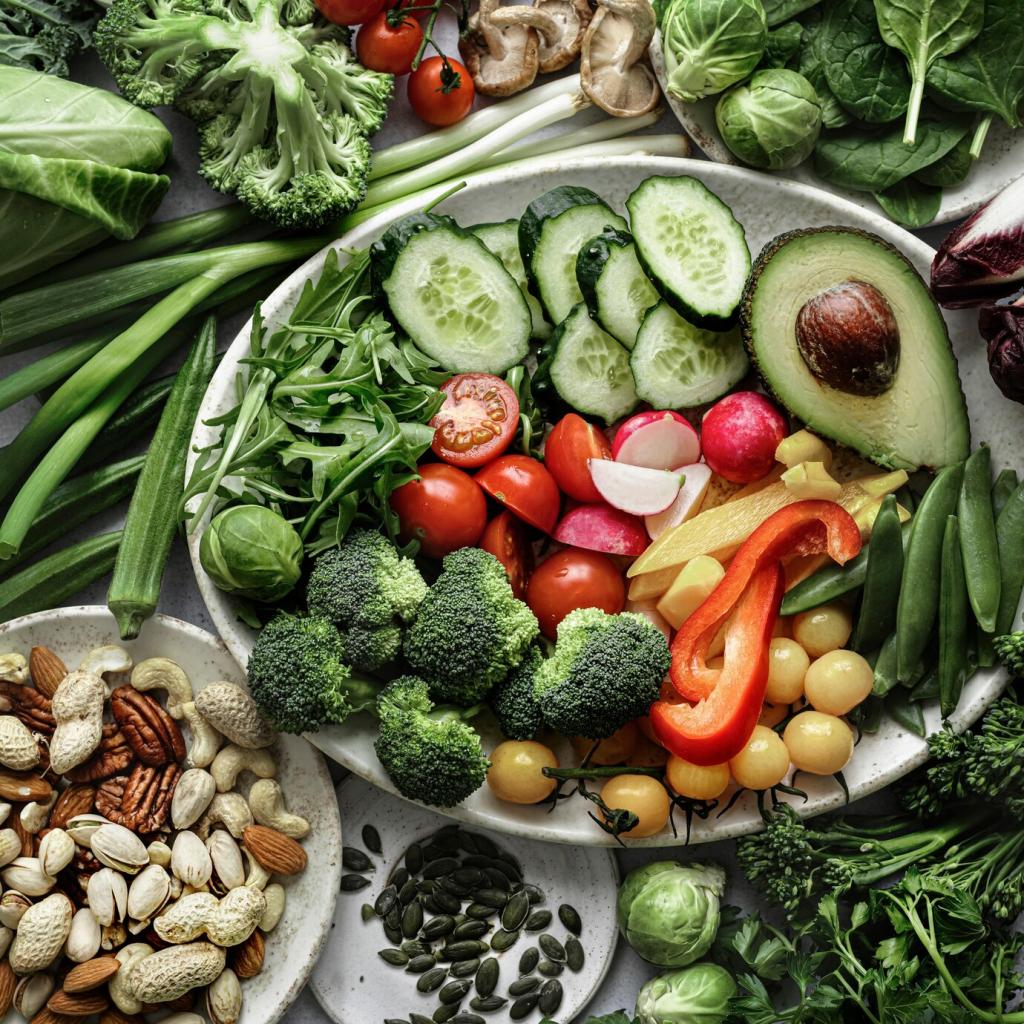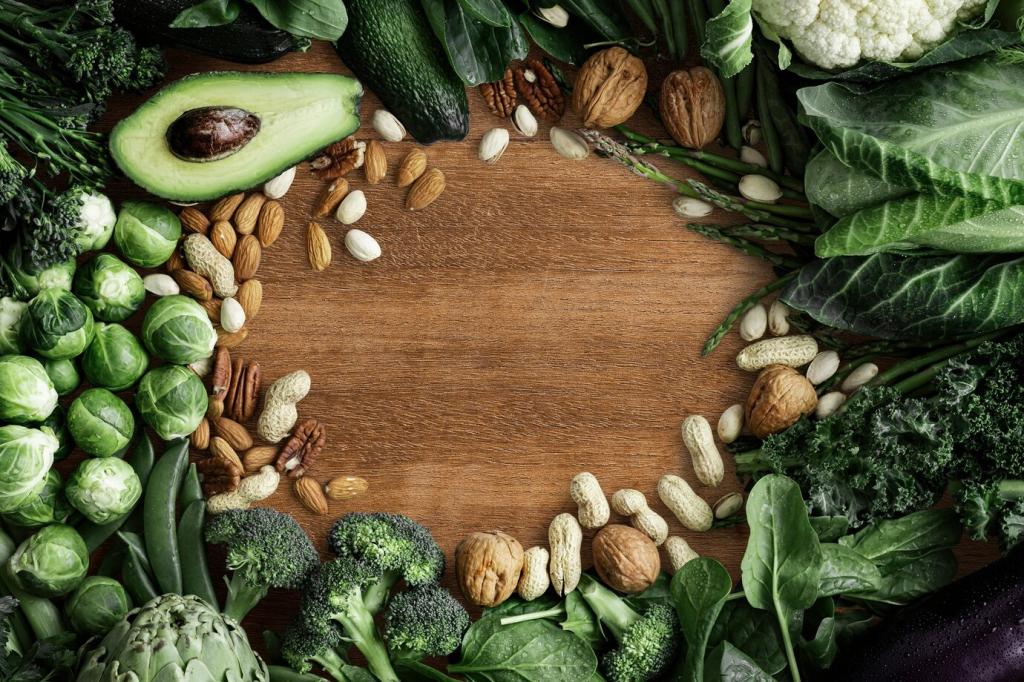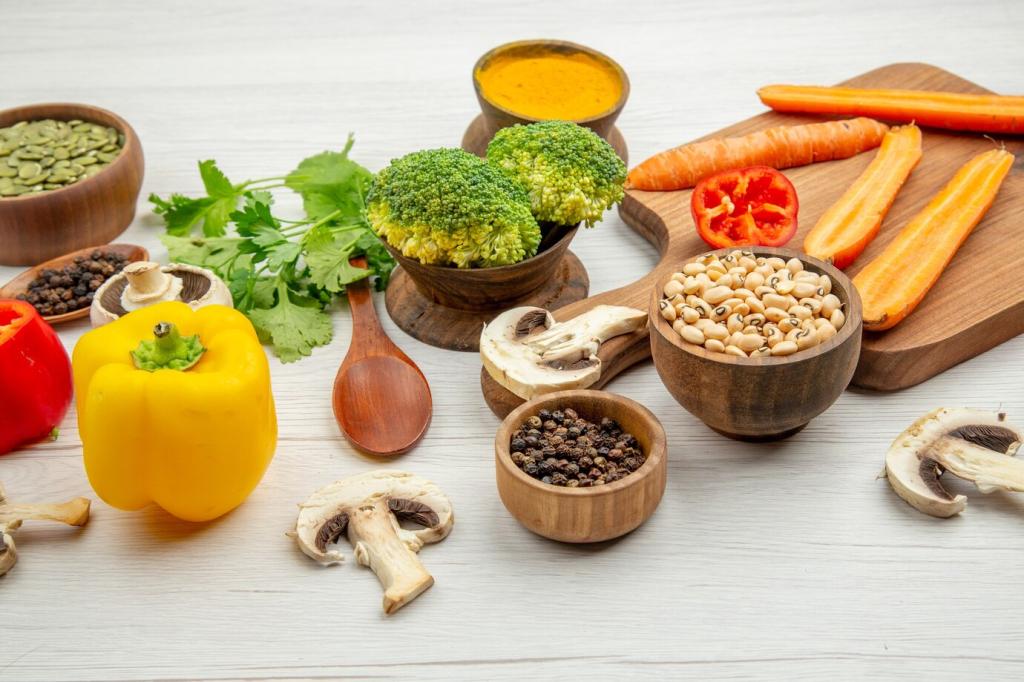
Comparing Organic vs. Synthetic Fertilizers for Household Plants
Choosing the right fertilizer for your household plants can make a significant difference in their health and growth. The debate between organic and synthetic fertilizers is ongoing, with each offering unique benefits and drawbacks. Understanding these differences is essential for making informed decisions about plant care at home. This page delves into how both types of fertilizers work, their impacts on plant health, environmental effects, practical aspects of use, and factors to consider when deciding which is best for your household plants.
Organic fertilizers consist of decomposed plant or animal matter, such as compost, manure, bone meal, or seaweed extracts. These natural amendments feed household plants while simultaneously enriching soil structure and encouraging a diverse range of beneficial microbes. Unlike synthetic fertilizers, organics supply secondary nutrients and trace minerals in addition to the primary macronutrients. Their nutrients become available to plants slowly as microbes break down the materials, making them particularly useful for steady, balanced growth over time rather than rapid bursts of vigor.

Exploring Synthetic Fertilizers
These fertilizers are created from inorganic chemicals, commonly derived from petroleum products or minerals. The primary appeal of synthetic fertilizers is their ability to deliver exact concentrations of macronutrients—nitrogen, phosphorus, and potassium—often tailored for specific plant types or growth stages. Synthetics work quickly, typically dissolving easily in water and becoming immediately available to plant roots. They are engineered for efficiency, minimizing variability and allowing users to see swift changes in plant growth or leaf color when deficiencies are addressed.
Previous
Next
Impact on Plant Growth and Soil Health
How Fertilizers Affect Plant Growth
Both organic and synthetic fertilizers aim to supply essential nutrients for plant growth, but their effects differ in pace and nature. Organic fertilizers release nutrients gradually as they decompose, supporting slow and steady growth. This process encourages roots to explore the soil for nutrients, often resulting in stronger, more resilient plants. In contrast, synthetic fertilizers provide an immediate boost, quickly addressing visible deficiencies and prompting rapid growth or flowering. While this can be beneficial in the short term, frequent use of high-strength synthetics can lead to cycling between lush growth and periods of stress if nutrient delivery is not managed carefully.
Effects on Soil Structure and Microbial Life
Organic fertilizers shine in their ability to enhance soil structure and stimulate microbial diversity. Their application enriches the organic matter content, improving soil aeration, water holding capacity, and fostering a thriving community of beneficial microorganisms. These microbes break down organic materials, making more nutrients available to plants over time and contributing to long-term soil fertility. Synthetic fertilizers, on the other hand, provide nutrients directly but do not contribute to soil structure or microbial life. Over-reliance on synthetics can gradually lead to compacted, sterile soils that struggle to support sustained plant health.
Long-Term Sustainability
When considering the future of your household plant collection, sustainability is a crucial factor. Organic fertilizers tend to promote a self-sustaining soil ecosystem that becomes richer and more supportive with continued use. This approach is beneficial for those aiming to create a mini-ecosystem in pots or urban gardens. Synthetic fertilizers, while offering immediate impact, require ongoing applications and careful management to avoid cumulative harm. In the long run, a balanced approach that incorporates organic matter and mindful use of synthetics can foster sustainable indoor plant care.
Practical Considerations for Home Use
Ease of Use and Application
For many indoor gardeners, the simplicity of fertilizer use is paramount. Synthetic fertilizers are often praised for their user-friendly packaging, clear instructions, and rapid solubility. Pre-measured liquid formulas, spikes, or granules can be easily added to watering routines with little fuss. Organic fertilizers, though sometimes bulkier and slower to break down, lend themselves to slower-release methods like top-dressing or incorporating into potting mixes. Some organic options, such as worm castings or compost tea, may require more preparation but offer more gentle, ongoing feeding for plants.


Availability and Cost
Affordability and local availability can be decisive factors for many households. Synthetic fertilizers are usually less expensive, widely stocked in garden centers, supermarkets, and online stores. Their consistent formulation adds value for those on a budget or with limited access to specialty stores. Organic fertilizers, especially high-quality or specialty products, often command higher prices and may not be as readily available. However, homemade options such as compost can offset costs for those willing to invest time in production.
